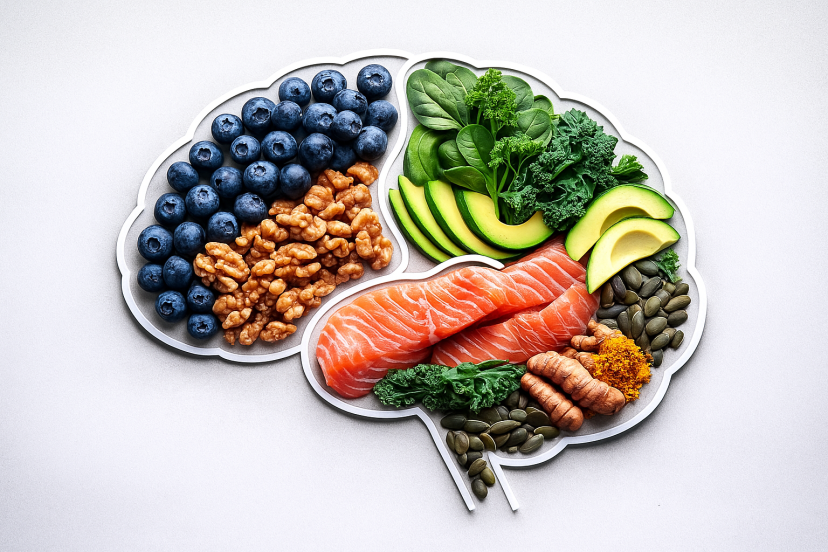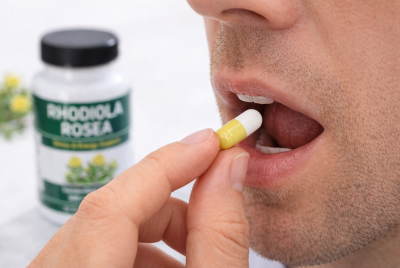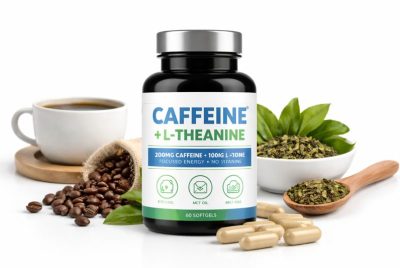9 Brain Foods That Help You Think Faster
We may earn a commission for purchases made using our links. Please see our disclosure for more details.
Your brain works hard every day, and the food you eat plays a major role in how well it performs. Certain nutrients can help you think faster, stay focused longer, and protect your memory as you age. These “brain foods” support everything from mental clarity to reaction time, and research shows they make a measurable difference in daily cognitive function. In this guide, you’ll learn about the top foods that fuel sharper thinking, why they work, and how to include them in your routine for better long-term brain health.
Why Brain Foods Matter More Than Ever
Your brain is only about 2% of your body weight, yet it uses around 20% of your daily energy intake. That means the quality of the food you eat directly affects how well you think, focus, remember, and process information.
Modern life puts you under constant cognitive pressure—deadlines, multitasking, information overload, and hours spent in front of screens. Brain foods help counter these effects by:
- Supporting neuron growth
- Reducing inflammation
- Enhancing communication between brain cells
- Improving mental speed and memory
- Reducing oxidative stress
If you’re exploring ways to support brain function beyond food, you can also read our guide about supplements designed for mental clarity and memory.
Now, let’s dive into the nine foods that can genuinely help you think faster.
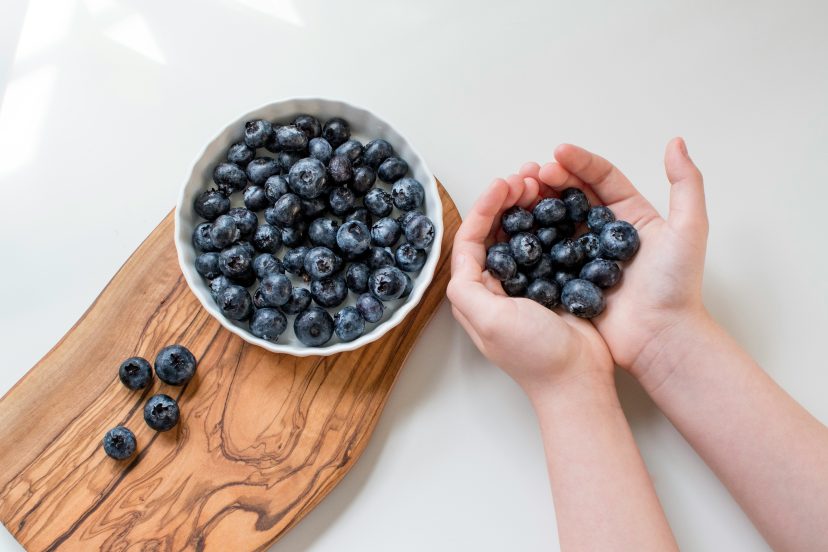
1. Blueberries
Blueberries are one of the most researched brain foods—and for good reason. They’re rich in anthocyanins—powerful antioxidants that help shield your brain from oxidative damage.
A 2023 study published in Nutrients found that regular blueberry consumption improved cognitive performance, particularly attention and memory, in both children and adults. Many people call them “brain berries” for a reason.
How they help you think faster:
They improve communication between brain cells and increase blood flow to the brain, which enhances reaction time and processing speed.
Best ways to enjoy them:
- Smoothies
- Yogurt bowls
- Oatmeal toppings
- Frozen handfuls as snacks
2. Salmon
Fatty fish like salmon, sardines, and mackerel are rich in DHA, a type of omega-3 fatty acid that plays a structural role in brain tissue. About 40% of the brain’s polyunsaturated fat is DHA.
According to research in Frontiers in Aging Neuroscience, people who consume omega-3-rich foods perform better in tasks involving memory and executive function.
How it supports cognitive speed:
Omega-3s strengthen neuron membranes, making it easier for brain cells to send and receive information.
Pro tip:
Aim for two servings of fatty fish per week for optimal benefits.
3. Walnuts
Nature gives clues, and walnuts are a perfect example—they look like a brain and they’re excellent for brain health.
They’re full of alpha-linolenic acid (ALA), antioxidants, and polyphenols that combat inflammation and support faster mental processing. In one Harvard review, walnuts were linked to improved cognitive performance across several age groups.
Why they work:
Walnuts support new neuron formation and help reduce brain fog.
Easy ways to add them:
- Add to salads
- Mix into granola
- Sprinkle on desserts
- Snack on them raw
4. Dark Chocolate
Dark chocolate with at least 70% cocoa isn’t only a sweet snack; it also supports sharper thinking.
Cocoa contains flavanols that increase blood flow to the brain and help with focus and processing speed. A study in Psychopharmacology reported that participants who consumed cocoa flavanols performed better on cognitive tasks and felt more mentally alert.
Benefits:
- Quick mental energy
- Enhanced focus
- Better reaction time
Just keep it moderate—one to two small squares a day works best.
5. Eggs
Egg yolks are one of the richest sources of choline, a nutrient the brain uses to produce acetylcholine, a neurotransmitter essential for memory and mental speed.
Research from the American Journal of Clinical Nutrition linked choline intake to better cognitive performance in adults.
Why it matters:
More choline means stronger memory pathways and faster recall.
Great uses:
- Breakfast scrambles
- Hard-boiled snack
- Added to ramen or rice bowls
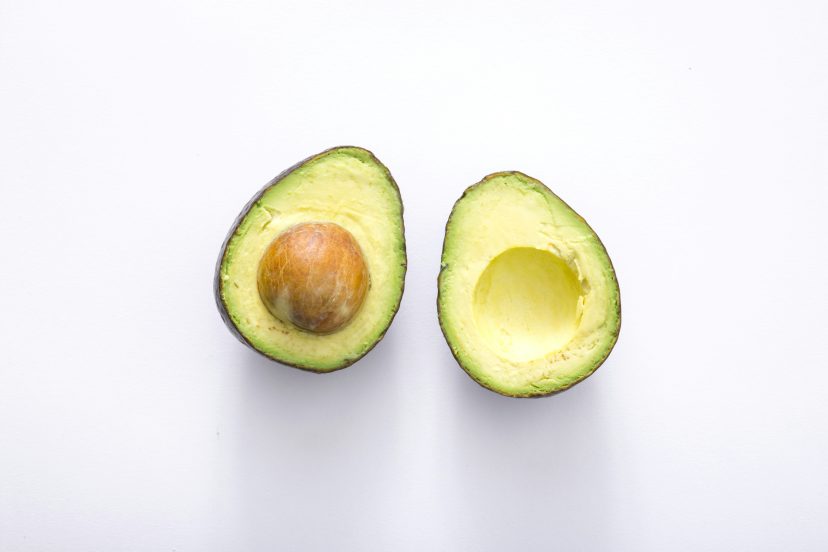
6. Avocados
Avocados contain monounsaturated fats that help increase blood flow to the brain. Good circulation equals better thinking, faster processing, and clearer focus.
A study from the University of Illinois showed that people with higher monounsaturated fat intake performed better on tests related to intelligence and problem-solving.
Extra perks:
They’re rich in folate and potassium, both beneficial for nerve function.
7. Leafy Greens
Spinach, kale, Swiss chard, and collard greens are packed with vitamins A, C, K, folate, and lutein—all crucial for long-term brain health.
A long-term study in Neurology found that adults who ate leafy greens daily had slower cognitive decline than those who didn’t.
How they boost thinking:
They lower inflammation and provide steady energy to support brain-cell activity.
Easy ways to use them:
- Stir into soups
- Blend into smoothies
- Use as salad bases
8. Green Tea
Green tea contains caffeine for alertness, but what makes it special is L-theanine—a compound that promotes calm, focused mental states without jitters.
Research published in Nutrients found that L-theanine enhances attention and reaction time, especially when combined with a moderate dose of caffeine.
Benefits include:
- Better concentration
- Enhanced mental speed
- Reduced stress
9. Turmeric
Curcumin, the key compound in turmeric, crosses the blood–brain barrier and helps nourish brain function directly.
A study in The American Journal of Geriatric Psychiatry showed that curcumin improved memory and attention in adults after just 18 months.
How it helps:
Curcumin reduces inflammation and may boost the production of brain-derived neurotrophic factor (BDNF), a protein essential for learning and faster thinking.
10. Pumpkin Seeds
Pumpkin seeds are small but packed with nutrients your brain relies on every day. They’re rich in magnesium, zinc, iron, and antioxidants—all essential for healthy nerve function and mental clarity. Magnesium helps support learning and memory, while zinc plays a key role in communication between brain cells. Studies show that low levels of either mineral can affect mood and cognitive performance.
Easy ways to use them:
- Sprinkle on yogurt or oatmeal
- Add to salads for crunch
- Blend into smoothies
- Eat as a quick snack
Pumpkin seeds are one of the simplest ways to add steady, brain-supporting nutrients to your routine.
Recommended Products
Here are five highly rated items many people use to support mental clarity, memory, and focus:
- Viva Naturals Omega-3 Fish Oil – Ideal for boosting DHA intake for cognitive speed.
- KIND Blueberry Almond Bars – A convenient antioxidant-rich snack.
- Navitas Organic Cacao Powder – Perfect for adding brain-boosting flavanols to smoothies.
- Nature Made Choline Supplements – Supports memory and acetylcholine production.
- Turmeric Curcumin Capsules – A natural anti-inflammatory for improved brain function.
What Science Says About Brain-Boosting Foods
Scientists agree that diet shapes cognitive function more than most people realize. Two major studies highlight this clearly. A well-known review in Nature Reviews Neuroscience found that nutrients such as omega-3s, antioxidants, and polyphenols can directly support synaptic function, reduce inflammation, and protect neurons.
Another review in Nutrients focused on blueberries and showed measurable improvements in memory, reaction time, and decision-making across children, adults, and older populations. These findings confirm that everyday foods like salmon, walnuts, and berries have real, measurable effects on how fast and clearly your brain works.
Across multiple studies:
- Antioxidants help protect brain cells from stress and aging.
- Omega-3 fatty acids improve memory, thinking speed, and mood.
- Polyphenols support blood flow to the brain.
- Choline strengthens memory pathways.
- Healthy fats improve neuron communication.
What’s remarkable is that the brain responds fairly quickly to nutritional changes. Some benefits appear within weeks, while others build over time.
Final Thoughts
Thinking faster doesn’t require drastic changes—just consistent choices. Begin by adding just one or two of these brain-boosting foods to your routine each day. Over time, you’ll notice better clarity, quicker recall, and a calmer, more focused mind. Whether you’re working, studying, or just want to feel mentally sharp, the foods you eat can make a real difference.
FAQs
1. How quickly do brain foods start working?
Some effects, like improved alertness from green tea or dark chocolate, appear within hours. Others, such as omega-3 benefits, build over weeks.
2. Is it possible to eat too many brain foods?
Balance matters. These foods are beneficial, but they should be part of a varied diet.
3. Can kids benefit from brain foods too?
Absolutely. Blueberries, eggs, and leafy greens support cognitive development in children.
4. Do brain foods replace supplements?
Not entirely. Food comes first, but supplements can fill nutritional gaps when needed.
5. Which brain food is the best overall?
Salmon and blueberries consistently rank at the top due to their strong scientific backing.

